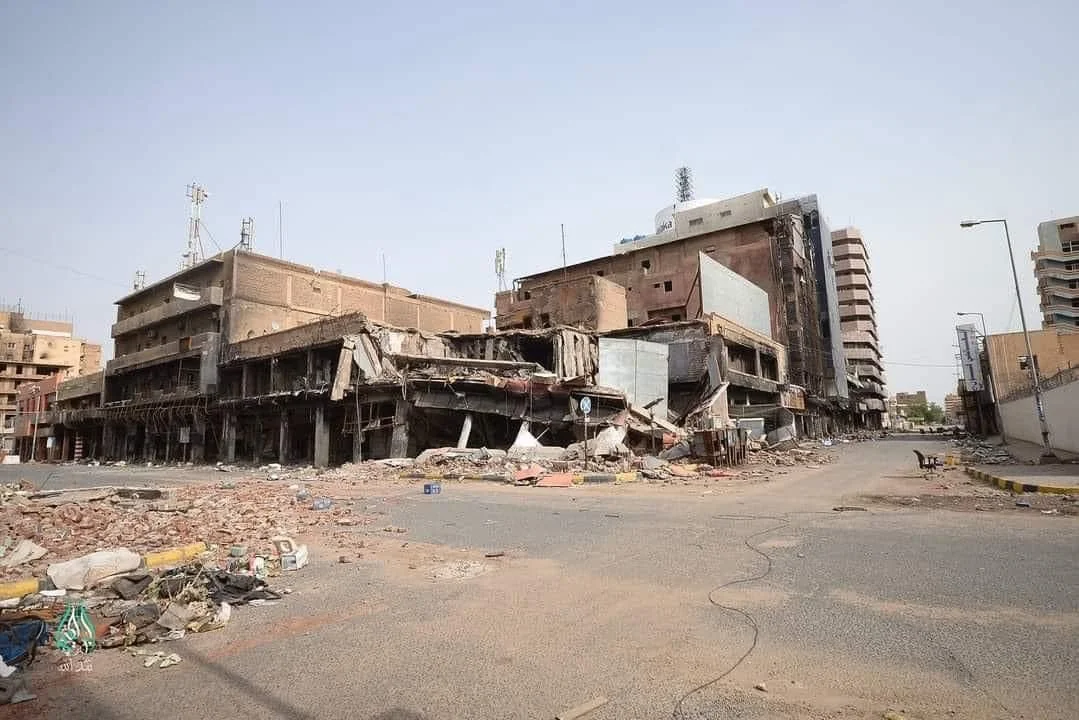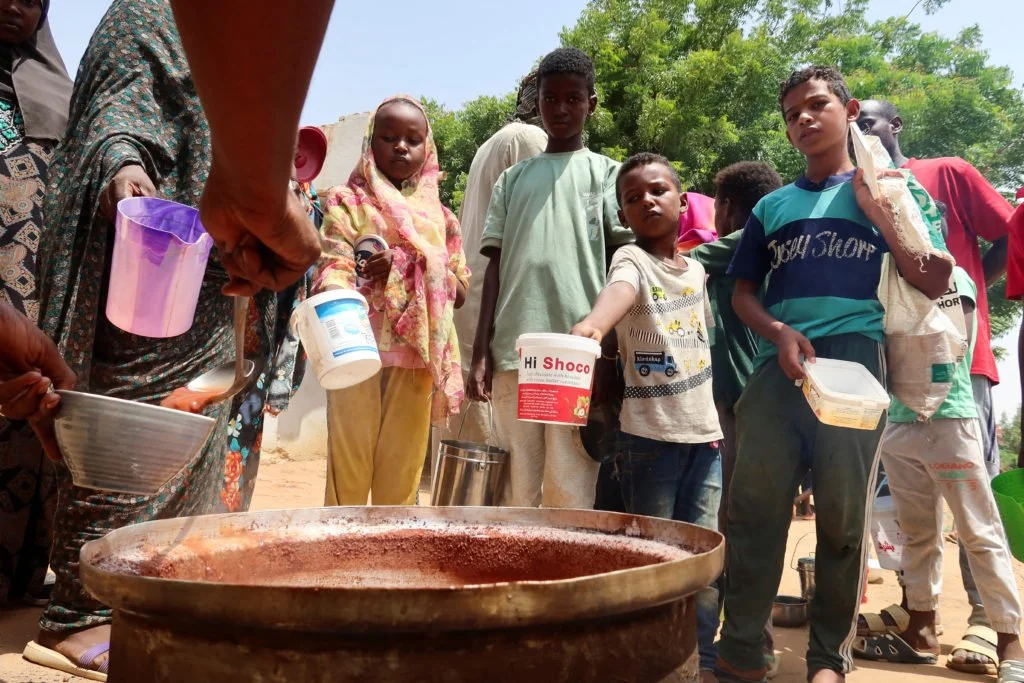Sudanese Australians Grapple with Powerlessness
Silence and Suffering: Sudanese Australians Grapple with Powerlessness Amidst Growing Famine
Telecommunication outages reported across the country
As Sudan grapples with the devastating consequences of war, families scattered across the globe, particularly Sudanese Australians, find themselves in a heart-wrenching predicament. The descent into famine-like conditions, coupled with the intentional disruption of telecommunications networks by the Rapid Support Forces (RSF), has severed vital connections, leaving millions unable to reach their loved ones or provide financial aid.
Impact on Sudanese Diaspora Remittances:
The Sudanese diaspora has been a crucial lifeline for families within the country, sending remittances that have supported basic needs, education, and healthcare. However, with the collapse of the central government, the destruction of the private sector, and widespread looting, the financial stability of families in Sudan is unravelling. The inability of Sudanese Australians to send money exacerbates the financial strain on their relatives, pushing them towards the brink of despair.
Aid Access Constrained:
Sudan's dire situation is further compounded by constrained aid access. Ongoing fighting, bureaucratic hurdles, and limited funding hinder the delivery of humanitarian assistance. As a result, many families in Australia and globally now find themselves supporting multiple households in Sudan, intensifying financial and psychological stress. The rising number of people in need of assistance, estimated at almost two-thirds of the population by the United Nations, underscores the urgency of the situation.
Famine-Like Conditions and Insufficient Aid:
The United Nations has issued a stark warning that famine-like hunger could grip Sudan by the next summer, with families in conflict zones already surviving on meagre daily meals. Estimates indicate that around 30 million people, double the pre-war number, urgently require assistance. Food security experts predict a wider crisis mid-year, as local markets are decimated, agriculture is impacted, and family savings dry up amidst rising prices for limited imports.
Telecoms Shutdown and Unreachable Loved Ones:
The intentional disruption of telecommunications networks by the RSF adds another layer of suffering. Sudanese Australians are reporting their inability to reach family members, compounding the impacts of the conflict that has displaced over 7.5 million people. With millions relying on online payments for essentials, the network disruption becomes a lifeline severed. The RSF's control over telecom facilities, shutting down major providers like MTN Sudan and Sudani, reflects a deliberate strategy to exert dominance and control.
Desperation and Silence:
Reports indicate that people are already starving in parts of Sudan, with child mortality rates alarmingly high. The inability to reach family members and the disruption of online payments deepen the sense of powerlessness among the Sudanese diaspora.
Clingendael's warning of Sudan's trajectory toward catastrophe resonates strongly as the risk of famine looms large. Clingendael, the Netherlands Institute of International Relations, published a policy brief on February 9th warning, “Sudan’s trajectory toward catastrophe is certain and the risk of famine is very high.”
In a press release, MSF pointed out that the crude mortality rate was 2.5 per 10,000 people per day, which exceeds one of the standard criteria for declaring a famine (IPC Phase 5).
What we are seeing in Zamzam camp is an absolutely catastrophic situation. We estimate that at least one child is dying every two hours in the camp. Claire Nicolet, head of MSF’s emergency response in Sudan
The Sudanese Australian community finds itself trapped in a heart-wrenching situation, torn between the inability to reach their loved ones and the inability to provide financial aid amidst Sudan's descent into famine-like conditions. As the international community grapples with how to address Sudan's humanitarian crisis, the silent suffering of the Sudanese diaspora highlights the urgent need for a collective response to alleviate the profound human toll of this devastating conflict.


